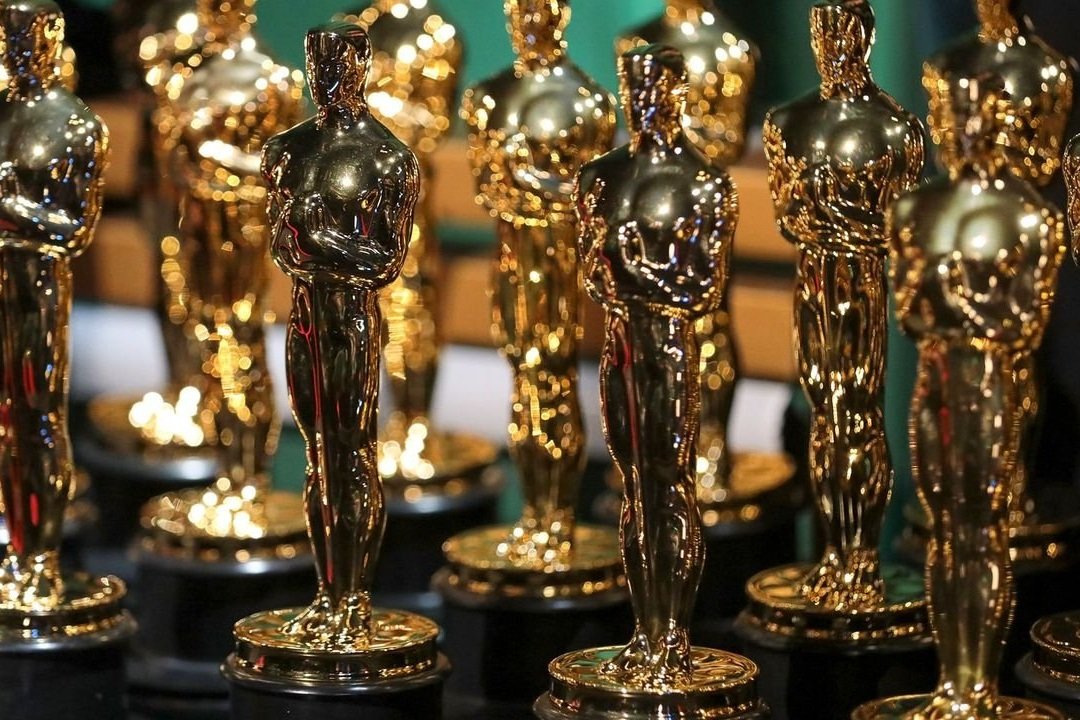WME Exec Says AI Offers “Certain Superpowers” But Won’t Make Better Films Without Creators’ Vision
Courtesy of Marvel Studios.
Artificial intelligence (AI) has been a hot topic in Hollywood and beyond, sparking debates and raising questions about its role in the creative industry. At the fourth edition of the Red Sea International Film Festival (RSIFF), the issue took center stage during a panel titled “Can AI Be a Creative Partner?” as part of the Red Sea Souk in Jeddah, Saudi Arabia.
Moderated by Saudi businesswoman and AI expert Fatmah Baothman, the panel featured industry leaders including Chris Jacquemin, partner and head of digital strategy at WME; Diana Williams, CEO and co-founder of Kinetic Energy Entertainment; and Jennifer Howell, chief creative officer at Deep Voodoo, the AI and deepfake video company founded by Trey Parker and Matt Stone of ‘South Park’ fame.
The discussion delved into the opportunities and challenges AI presents to the entertainment industry, its impact on creative jobs, and its current uses in production. While AI is still in its early stages, the panelists agreed it offers tools to streamline tedious tasks, allowing creatives to focus on innovation rather than replacing human roles entirely.
Although Hollywood has yet to release any major films showcasing AI-driven production, the technology is steadily gaining traction. According to Howell, Deep Voodoo has already collaborated with major studios, using AI for projects like the YouTube series *Sassy Justice* and a Kendrick Lamar music video. For Apple TV+'s ‘Before,’ Deep Voodoo used AI to digitally de-age Billy Crystal by analyzing video samples of his face.
Jacquemin emphasized AI as a "co-pilot tool," aiding creatives in the early stages of production. For instance, WME clients are leveraging AI for tasks like generating mood boards, visual concepts, and story outlines. However, he noted that while AI can accelerate the creative process, the final product still depends on the creator’s artistic vision. “AI gives you a certain set of superpowers,” Jacquemin said, “but it’s not going to make a movie better without incredible artistic vision.”
One major concern surrounding AI is its potential to disrupt jobs in Hollywood. The panelists agreed that while some roles may shift, the human element remains indispensable. Howell highlighted that even in deepfake scenarios, actors play a crucial role as "puppeteers" behind the digital "puppets." She pointed out that technological advancements have always reshaped rather than replaced jobs, citing how editors adapted to digital tools.
“There are going to be shifts more than dramatic job losses,” Howell said, predicting the rise of new roles like "deepfake artists," a position that didn’t exist five years ago. Jacquemin echoed this sentiment, suggesting that AI could democratize access to filmmaking, similar to how YouTube enabled a new generation of creators.
As AI becomes more integrated into entertainment, concerns about intellectual property (IP) and copyright remain pivotal. Williams underscored the importance of maintaining strong IP protections for Hollywood studios, even as AI transforms workflows. Howell added that Deep Voodoo uses only licensed data for its projects, ensuring compliance with copyright laws.
Looking ahead, AI’s role in the industry seems to be one of enhancement rather than replacement. The technology promises to make production more efficient and accessible, but the heart of storytelling will continue to rely on the vision and creativity of human creators.
While AI offers exciting possibilities for innovation, the panelists agreed that it won’t replace the creative visionaries behind films and shows. As Jacquemin put it, “AI won’t make works significantly better unless paired with incredible artistic vision.” Instead, AI serves as a powerful tool to amplify human creativity, paving the way for a new era of storytelling.
TRENDING NEWS











